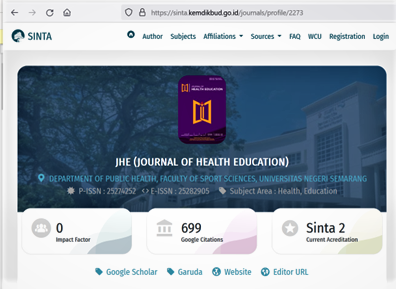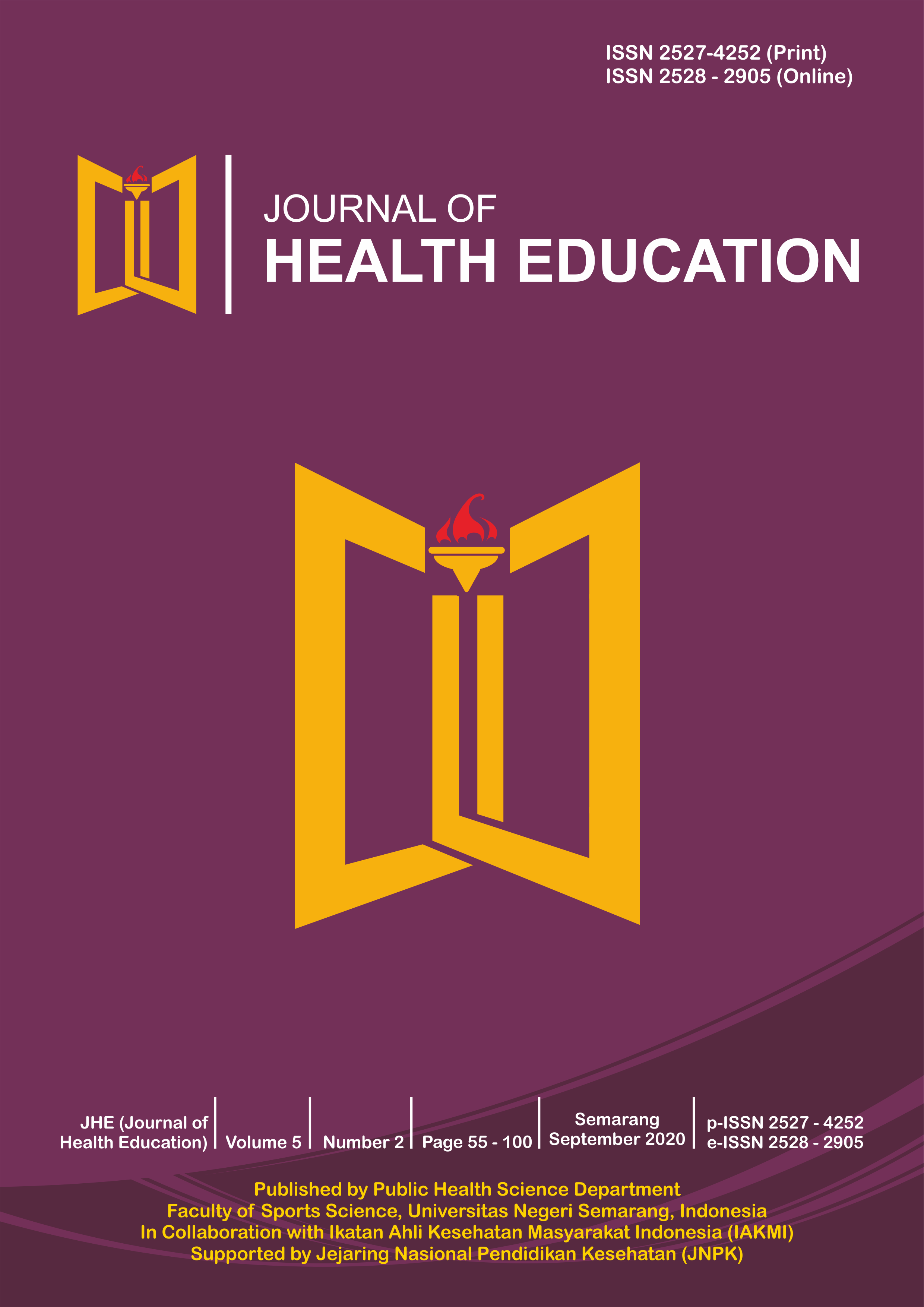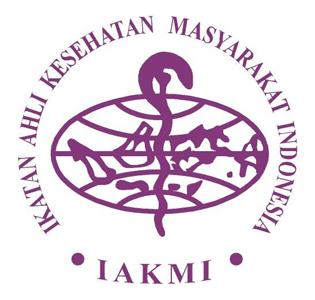Implementation of a community-based nutrition program in the community feeding center: a case study from Bantul
Abstract
Background: Malnutrition among children becomes one of public issues in the population. Community-based nutrition programs provide opportunities to improve current child nutrition and in later life. Objective: To explore the implementation of a community-based nutrition program in Sedayu Subdistrict, Bantul District. Methods: A qualitative study with a single study case was conducted between March and May 2017 in the community feeding center in Argorejo Village, Sedayu Subdistrict, Bantul District. Data were collected from a focus group discussion among mothers of children under-fives, in-depth interviews to community health workers and a nutritionist, and observation during the program activities. Analysis was done by developing coding and themes on the implementation of the program. Results: Several activities were identified in the community-based nutrition program such as anthropometric measurement, nutrition counselling and education, providing healthy snacks during the program, and weekly food supplementation distribution to targeted children. Facilitators of this program included active participation from community health workers, acceptance and supports from the community, and self-subsistent food supplementation. Meanwhile, the barriers of this program were budget allocation, limited numbers and time of health workers, and lacked tools and facilities. Conclusions: Community-based nutrition program in the community feeding center is community-driven program which is from and to the community. The sustainability of this program needs a strong commitment from the government, multisectoral stakeholders, and the community.






